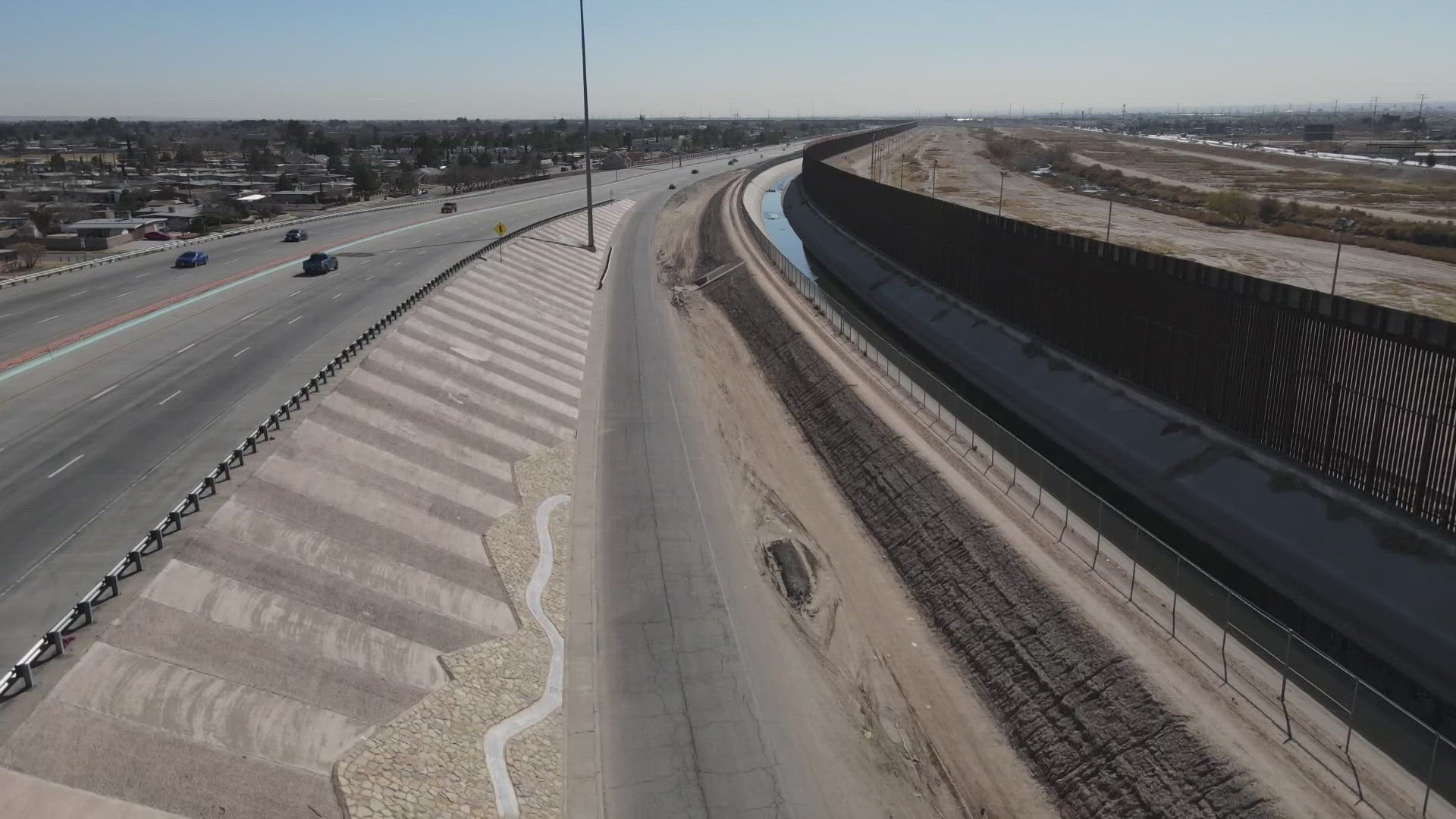DENVER, Colorado — As the Democratic National Convention gets underway, Vice President Kamala Harris will likely begin laying out her strategy on major issues, including her immigration plan. Besides an ad created by Harris' campaign, she has shared little on how she would like to approach immigration. Her backers and critics are pointing to her track record during her time as a prosecutor in California and as vice president during the Biden administration.
Republicans have referred to Harris as Biden's "border czar," despite never being in charge of border security or reducing or stopping border crossings. Harris was instead put in charge of the "root causes" of immigration, specifically focusing on three Latin American countries: El Salvador, Honduras and Guatemala. The number of people crossing the border from those three countries did decrease. Many don't attribute the change to Harris due to a long-term approach that likely would not have any impact in the short term. Migration from other South American countries like Venezuela increased at the same time, leading to historic high numbers at the southern border.
Republicans still point to Harris' attempts as unsuccessful and often tout themselves as harsher and more restrictive on immigration. Historically, the party has been, but experts said this election cycle we may see both parties take a "tough on immigration" approach.
Immigration advocates in many cases consider President Biden's immigration policies harsher than that of his predecessor, former President Trump. With an executive order earlier this summer, Biden announced an effective shutdown of the border if daily crossings surpassed 2,500 per day. The order was designed to allow the administration to partially suspend asylum claims.
Last year, advocates also criticized Biden's asylum ban for migrants who crossed more than three countries on their journey to the United States without first seeking protection or asylum in one of the countries they passed through. The change mirrored a similar order under Trump, which was ultimately blocked by the courts.
"Both parties are going to become very restrictive and see who can outdo the other to secure the border, and that’s the rhetoric now that I think both Presidential candidates, congressional candidates and all the way down the tickets, people are going to talk about who can secure the border better than the other," Arturo Jiménez, a professor at Metropolitan State University and immigration lawyer, said.
Jiménez said that while working with clients, the path to citizenship has become more difficult. Entering the country with authorization from border authorities is also becoming more difficult for those who want to immigrate.
"There are not pathways for most people to become legal in a fast and orderly manner," Jiménez said. "Congress has failed to act both, both parties, have not put forth any proposals or have not acted on any proposals that would expand our immigration process and allow those families to then participate in our community and then earn their place here."
The upcoming election has also left immigrants who have been in the country for several years, if not decades, in limbo. The Deferred Action for Childhood Arrivals (DACA) could potentially end when it is heard in the Supreme Court in the next year or so, leaving about half a million people without work authorization and protection from deportation.
"It's going to be a difficult time for immigration, I believe," Jiménez said.
Meanwhile, Republicans are blaming Harris for the ongoing crisis at the southern border.
"I think that from top to bottom, back to front, their policies have been an abject failure and their allies in Congress have done nothing but be a rubber stamp for those failed policies," Republican State Rep. Gabe Evans, who is running for Colorado's 8th congressional district, said.
Evans said a Harris presidency would be a "continuation of what we have seen under Biden."

